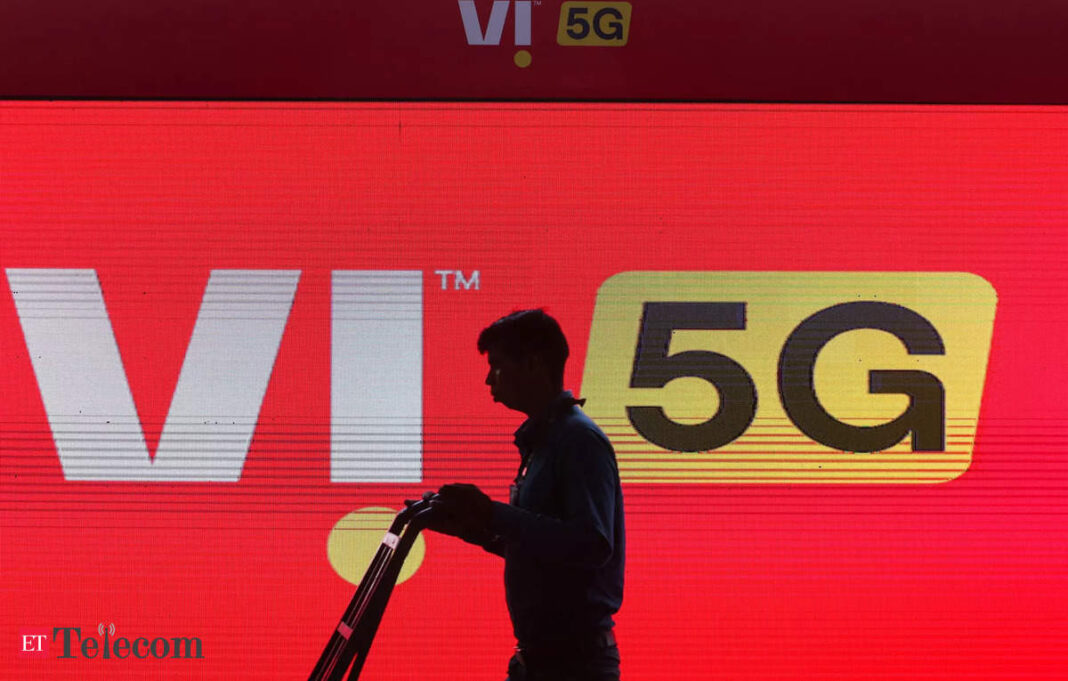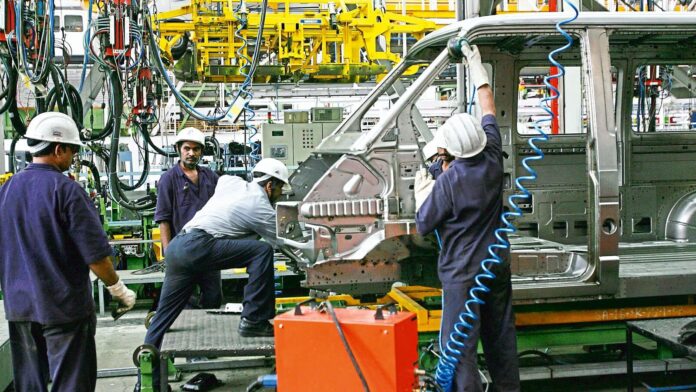In Short:
Vodafone Idea’s CEO, Akshaya Moondra, noted that many prepaid customers are switching to BSNL after recent tariff hikes by the company. BSNL hasn’t raised their prices, attracting about 250,000 new customers. Moondra believes BSNL’s service might not meet the expectations of users accustomed to better coverage and 4G experience, and he anticipates some might return. Vodafone also plans to expand its 4G and launch 5G soon.
Shift in Subscriber Trends for Vodafone Idea
Vodafone Idea is observing an increase in the number of its prepaid subscribers switching to state-run Bharat Sanchar Nigam Limited (BSNL) following recent tariff hikes. This insight was shared by Akshaya Moondra, the CEO of India’s third-largest telecom operator, during the company’s Q1FY25 post-earnings analyst call.
Analysis of Porting Trends
Moondra noted, “One of the trends we have seen is that the port out to BSNL has generally increased from the pre-tariff increase levels, and the reason for that is that they (BSNL) have not increased their tariffs so there is a fair amount of arbitrage.” He emphasized that Vodafone Idea is closely monitoring this trend and indicated that BSNL’s current offerings may not meet the expectations of customers accustomed to high-quality service and robust mobile coverage.
Expectations for Customer Retention
He expressed his belief that customers who prefer reliable 4G coverage may find BSNL’s services lacking. “Our expectation is that customers who are used to using good coverage and experience of 4G probably will not find the current offering of BSNL to that extent appealing, and people who may have taken a quick decision in terms of the tariff actions may most likely come back,” he stated.
Recent Tariff Hikes and Industry Context
Recently, top competitors in the industry, namely Reliance Jio, Bharti Airtel, and Vodafone Idea, increased their mobile tariffs by 11-25% to enhance their average revenue per user (ARPU) and support investments in 5G technology. In the first quarter of fiscal 2025, Jio reported an ARPU of ₹181.5, while Airtel recorded ₹211, and Vodafone Idea‘s stood at ₹146.
Impact of Tariff Hikes on Porting Activity
A report published on July 18 indicated that nearly 250,000 customers have switched to BSNL’s network using mobile number portability (MNP) in the wake of these recent tariff hikes. Moondra remarked, “It has been a little over a month, and sometimes these trends are not very clear. What I would say is that the trends of downtrading, there being a slightly longer time being taken for recharges, and downgrading—that people are spending the same amount of money for lower benefits—are largely in line with previous price increases.”
Future Plans and Network Expansion
Vodafone Idea anticipates finalizing long-term contracts for its 4G network expansion and commercial 5G deployment within the next month. Moondra disclosed, “Post the successful closure of our FPO (follow-on public offering) in April 2024, we have engaged with our equipment vendors for new contracts.” He highlighted the company’s focus on prioritizing impactful and rapidly executable initiatives as they work to finalize the 5G rollout plan.
Vendor Discussions for 5G Deployment
Discussions are ongoing with European equipment manufacturers Ericsson and Nokia, as well as Mavenir from the U.S. and Samsung from South Korea, for the rollout of their commercial 5G network. In June, Vodafone Idea’s board approved the issuance of preferential shares worth ₹1,520 crore to Nokia India and ₹938 crore to Ericsson India, resulting in Nokia and Ericsson holding 1.5% and 0.9% stakes in the company, respectively.
Capital Expenditure and Future Outlook
Moondra further indicated that some of the capital expenditure for 5G would be deployed immediately alongside the expansion of 4G to support customers who own 5G smartphones, adding that “Some part of 5G will get rolled out gradually.”
Challenges with Existing Equipment
The discussions regarding long-term contracts also involve consideration of regions where equipment from Chinese vendors Huawei and ZTE is deployed. Moondra remarked, “We also have many circles where we have Chinese equipment, where 5G is not allowed. So that is also part of the discussion regarding how to appropriately address that issue. The longer discussions are in progress, and we are likely to conclude that soon, probably over the next month maximum.”





